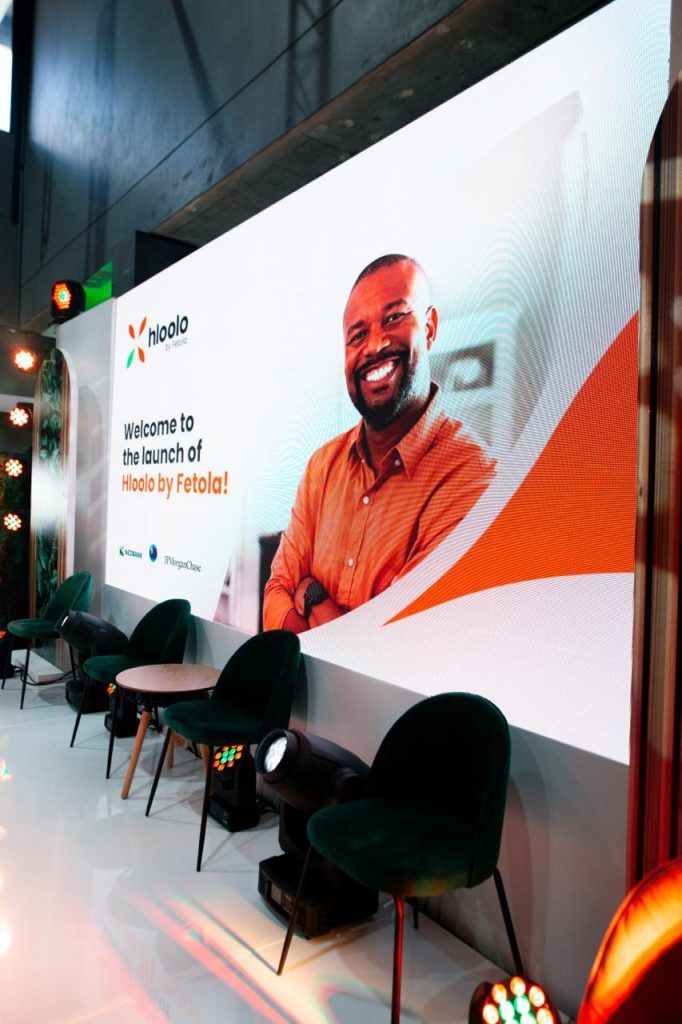Addressing the Financing Gap for Green SMEs
Green SMEs in South Africa face significant challenges in accessing sustainable finance. Despite the country’s established financial sector, which caters primarily to mature businesses, early-stage and nascent SMEs struggle to secure the necessary funding. The high cost of financing from non-banking financial institutions further exacerbates the situation. Beyond the expense of capital, these SMEs encounter additional hurdles, such as information gaps and difficulties in preparing for investment opportunities.
The Funding Gap for Early-Stage SMEs
Catherine Wijnberg, Founder and CEO of Fetola, a business growth agency, has highlighted a critical funding gap for SMEs seeking less than R1 million in financing. These funding amounts are often overlooked—considered too large for microfinance, too small for venture capital, and too risky for traditional banks. According to Fetola’s internal research, 71% of SMEs are in need of funding below this R1 million threshold.
Challenges for Green and Circular Economy SMEs
Fetola’s recent publication, “The Circular Economy Accelerator Report: A Roadmap for the Success of Small Businesses, Leveraging the Power of Sustainability,” details the unique challenges faced by green and circular economy SMEs in securing finance. The novelty of the green economy, coupled with the risks associated with innovative business models, makes it difficult for these SMEs to attract flexible growth financing. The lack of sustainability performance data and collateral further complicates their ability to meet the criteria of potential investors. Wijnberg points out that many entrepreneurs lack the specialized skills required for sustainability tracking and reporting, placing them outside the risk tolerance of conventional lenders.
Nedbank’s Green Economy Fund: A Step Forward
In response to these challenges, Nedbank has introduced The Nedbank Green Economy Fund, which aims to finance up to 100 startups in sectors aligned with Nedbank’s Green Economy Strategy and the United Nations’ Sustainable Development Goals (SDGs). However, the funding gap for green SMEs is not unique to South Africa. An OECD report titled ‘Financing SMEs for Sustainability: Drivers, Constraints and Policies’ reveals that green SMEs globally often miss out on sustainability-linked finance due to their limited ability to provide essential sustainability performance data, including Environmental, Social, and Governance (ESG) assessments. The report suggests that stakeholders should offer non-financial support to help SMEs move towards net zero and overcome knowledge and capacity constraints.
Introducing Hloolo: Bridging the Gap for Green Businesses
Hloolo, officially launched by Fetola in partnership with Nedbank, JP Morgan Chase, and the Embassy of Finland, represents the latest phase of the Circular Economy Accelerator (CEA), a multi-year initiative designed to cultivate a robust circular economy ecosystem in South Africa. Hloolo focuses on bridging the gap between green businesses and the financial and market opportunities available to them.
Nedbank’s Commitment to Sustainable Growth
Maluta Netshaulu, Senior Lead of the Green Economy portfolio for Corporate Social Investment at Nedbank, expresses pride in the bank’s involvement with Hloolo. He emphasizes that Hloolo builds on the success of the CEA program, which has already supported over 100 small businesses with specialized training and growth support. As the business case for sustainability strengthens, Nedbank is committed to helping SMEs become more resilient and investment-ready, unlocking commercial funding to accelerate their growth and impact. Nedbank’s Green Economy Strategy is designed to create a positive social and environmental impact, significantly contributing to the United Nations Sustainable Development Goals.




